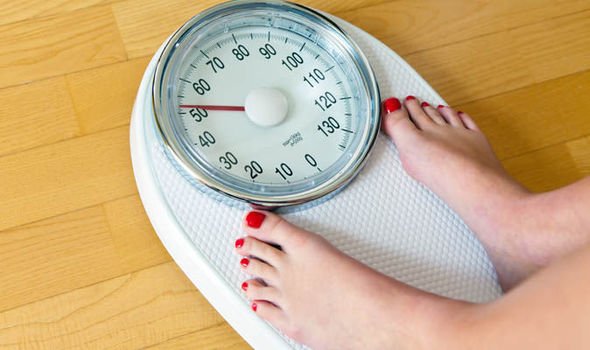Weight Fluctuations
Weight fluctuations are normal and will happen daily. So its time to get comfortable with them and understand why they happen, so that next time you step on the scales and your weight has gone up, you know you've not gained fat, but there are other reasons you are heavier on the scales that day.
See below the many reasons for fluctuation in weight.
Sodium.
Most commonly found as table salt. Sodium can cause water retention which will make you appear heavier on the scales. After a salty meal or if you’ve had a lot of soy sauce for example. Don’t cut out salt as it is very important in helping maintain water balance within cells, as well as the function of nerve impulses and muscles in the body. Just be aware of how it effects weight.
Carb Intake.
Glycogen is the storage form of carbohydrates within the liver and muscle cells. The more carbohydrate you eat, the more glycogen your body will store (for energy release when needed). Glycogen is bound to 3-4 parts water, meaning for every 1g of stored carbohydrate, your body will also store 3-4g of water!! Simplified: More carbs = More glycogen storage = More water storage = More weight. Therefore after a higher carb day or a meal out, you will probably be holding more water weight and appear heavier again on scales. This is not fat!
Menstrual cycle.
Your weight will be effected by different times of your menstrual cycle. Usually we are more bloated and heavy before and during our period. This varies between individual so also good to keep track and be aware of this too.
Day to Day Stress.
Arguments with partner, family, pressure at work, bills to pay, juggling work and kids, making time for gym…..!! All this plus being on a calorie restricted diet and your stress levels will more likely be higher!
High stress can lead to increased cortisol levels which has potential to cause water retention and again mask fat loss.
Most of the time this is only temporary, if you’re an extremely stressed individual on low calories doing a ton of exercise and still not losing weight it may be the cortisol and may be worth taking a little break.
Training stress.
After an intense workout you can wake up slightly heavier the next day. That’s not right surely? You’ve burnt so many calories?!
What has happened is when you train you are breaking down the muscle fibres which then need to be repaired. During the repairing process your muscles become swollen and inflamed as blood rushes to the area carrying nutrients. Blood which is made up of… water! Which is the cause of the water retention in the muscles, causing temporary increase in weight.
Food volume.
The amount of food you eat can effect weight. If you eat lower calorie but higher volume foods you will weigh more then you would with high calorie small volume foods.
Eg 200 calories of peanut butter fills a lot less space then 200 calories of broccoli!
Bowel movements and fibre.
Fibre can help with moving food through the digestive system or can hinder.
Insoluble fibre found in green veggies add bulk to stools and help with regular bowel movements
Soluble fibre found in oats, lentils and barley slow down bowel movement as they absorb water and form a gel like consistency. Soluble fibre is good for gut health and for helping you feel fuller for longer but can be another factor effecting scale weight fluctuations.
You will likely be holding more water as well with a larger volume of food, therefore appear heavier again. However higher volume lower calorie foods keep you fuller for longer, so I do recommend these on a low-calorie diet; as I mentioned above.
So as you can see there are many reasons for the scales to go up which are not to do with fat gain. Keep this in mind next time you step on the scales!!
Hope you liked this blog. Stay tuned for our next blog!
